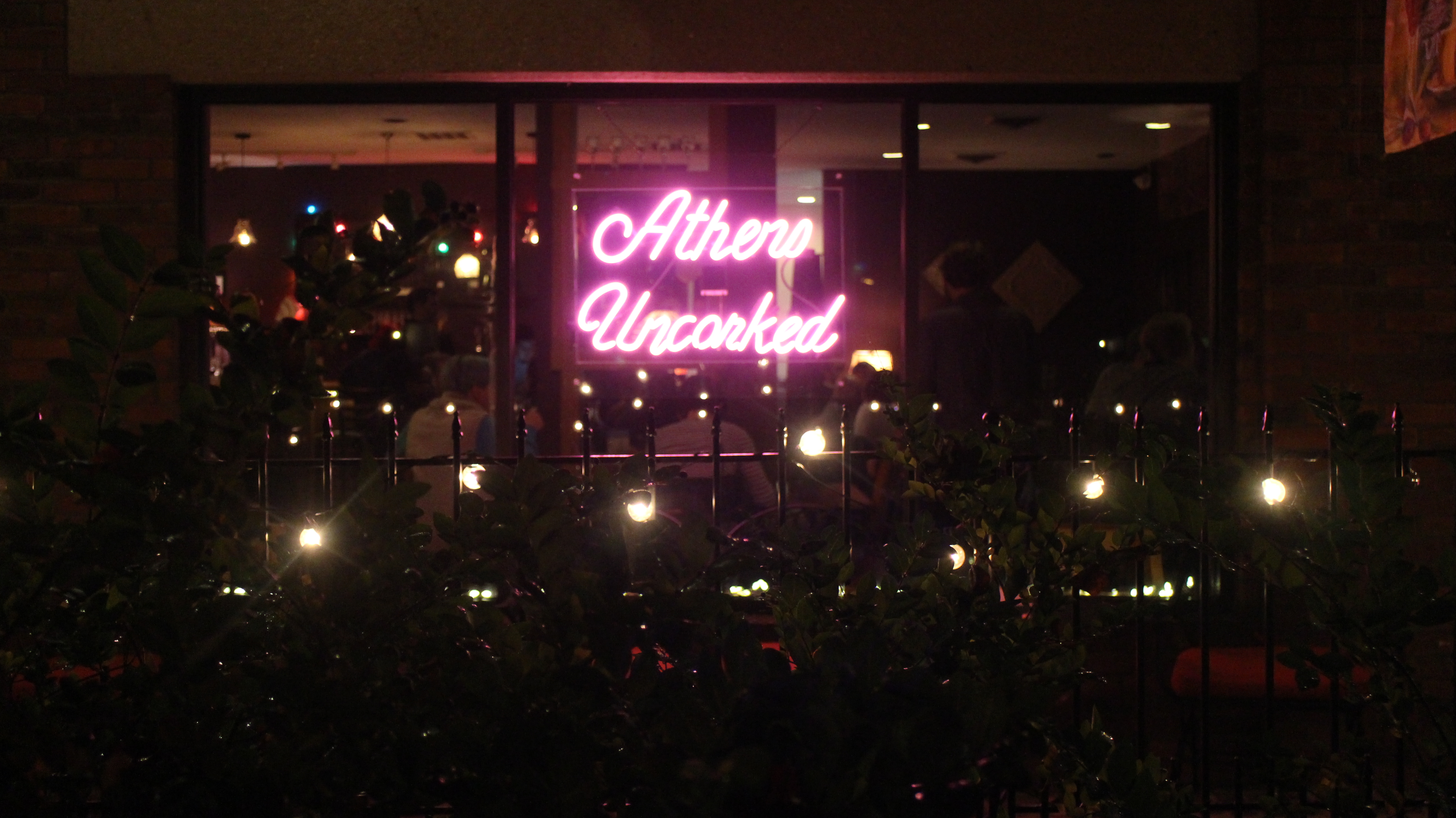
Older Generation LGBT Election Perspectives
By: Alyse Peck
Posted on:
Nate Hayes usually spends his nights serving customers at Athens Uncorked, the cozy local wine bar he co-owns.
The 40-something LGBT community member, who has already purchased Hillary/Kaine 2016 champagne flutes online in preparation for election night, is no stranger to voicing his opinions on this election season.
In late September, a Facebook post he made discussing the Republican party’s anti-gay platform policies went viral.
“Part of the danger is that the issues that affect the community are kind of on the backburner,” Hayes said. “They’re not in the front, but they’re still in the stove.”
Soon after, Nate noticed the post, which had hit 49,000 likes and 17,000 shares, had been deleted. And a week later, Facebook officially apologized and his post was restored.
People near and far were affected and shocked by Nate’s words, and even reached out to tell him so.
“That’s probably been the most amazing part of it is hearing so many stories from other people that said, ‘wow, this really spoke to me. I live in a conservative family and, you know, it’s really nice to hear someone having these views,’” Hayes said. “We kind of forget that so many people don’t have a voice or live in areas where they can’t really express things as openly as we can.”
Hundreds of commenters have also criticized his views, reminding him that the Democratic party has never been perfect either.
“Frankly, no party has. I’m just glad any party is embracing us,” Hayes said. “As someone in the community, I don’t spend all my time thinking about who I go to bed with. So why do some of these conservative people do that?”
Hayes, who grew up in the 80s, feels this election season experience has been very different for older and younger members of the LGBT community. Though he said he doesn’t have a lot of LGBT youth friends, he’s noticed growing up queer in recent years means they weren’t as subject to persecution and bullying.
“There can also be a sense of apathy that can be really dangerous, especially in an election season where younger community members think, ‘well, you know, I haven’t had to deal much with persecution or I’ve never even met someone that I wanted to get married to but now I can if I want,’” Hayes said. “Since they haven’t lived during a time when it was a real issue, I can see them thinking like, ‘We’ve got it and we’re not going to lose it.’ But we can.”
Looking into the future, Hayes hopes our new presidential leader will help in making LGBT people feel normalized.
“It’s not an issue for me, so I’d really like it not to be an issue for anybody else,” Hayes said. “That might be a pipe dream but that’s how I feel.”

